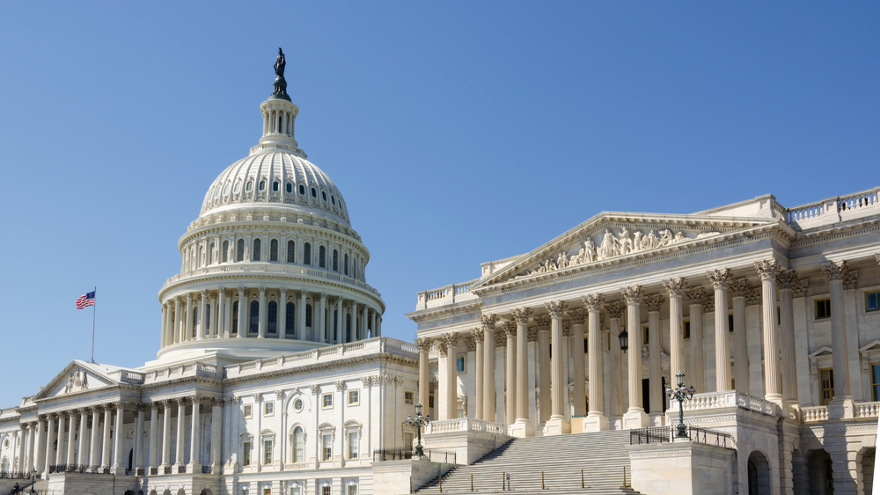Senate Banking Committee Republicans want answers from CFPB director nominee

By subscribing, you agree to receive communications from Auto Remarketing and our partners in accordance with our Privacy Policy. We may share your information with select partners and sponsors who may contact you about their products and services. You may unsubscribe at any time.
WASHINGTON, D.C. –
The Senate wrangling over the nominee to be the new director of the Consumer Financial Protection Bureau became even more intense this week.
The dozen Republican members of the Senate Banking Committee sent a letter to Rohit Chopra stemming from what they believe is his refusal to respond to a Congressional request seeking information about an alleged purge of civil servants at the CFPB.
Getting Chopra — who is still serving as one of the five appointed commissioners of the Federal Trade Commission — confirmed already has been a challenge. Despite a partisan 12-12 deadlock during a Senate Banking Committee vote in March, Chopra’s nomination still moved forward to be considered by the full chamber.
But then came this week’s development that is connected to the committee’s ranking member, Sen. Pat Toomey of Pennsylvania.
According to a news release, Toomey on June 17 called on the CFPB to turn over documents in the wake of reports that the Biden administration is removing senior career officials in order to replace them with “handpicked loyalists,” raising the question of whether the agency potentially violated civil service protections.
The same day, the news release said Toomey sent a separate letter to Chopra requesting information on whether he was aware of — or involved in — any such actions that may have occurred.
Subscribe to Auto Remarketing to stay informed and stay ahead.
By subscribing, you agree to receive communications from Auto Remarketing and our partners in accordance with our Privacy Policy. We may share your information with select partners and sponsors who may contact you about their products and services. You may unsubscribe at any time.
The news release also indicated the deadline for Chopra to respond was June 21. To date, the committee has not received any response from Chopra, thus triggering this week’s letter signed by the dozen lawmakers.
“Your refusal to answer basic questions about whether you were privy to the troubling and possibly unlawful actions described in the press is unacceptable from a federal nominee and in our view should disqualify you from consideration as CFPB director,” the committee members wrote.
“Any individual nominated to lead a federal agency should be expected to provide truthful and clear answers to fair and basic questions from Congress,” the members continued. “Any nominee who refuses to do so during their nomination has not earned the right to be confirmed. Indeed, if you are refusing even to respond to congressional inquiries while your nomination is pending before the Senate, there is little doubt about how you will treat such inquiries if confirmed.”
The entire letter is available online.


